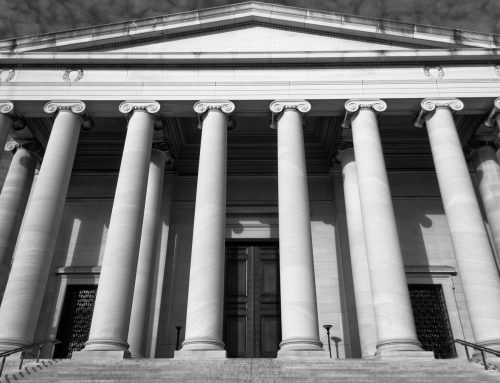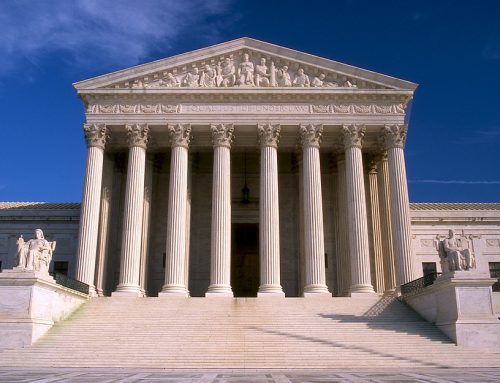Debt recovery procedures in Nigeria refer to the legal methods available for individuals or organizations to recover a debt or enforce payment for outstanding invoices. Most debt-related disputes in Nigeria arise from unpaid invoices, loans, or breaches of commercial agreements.
While there are several ways to recover a debt in Nigeria, not all procedures are legal or advisable. Unlawful methods such as harassment, self-help, or using law enforcement officers for intimidation can backfire and often result in long-term legal and reputational consequences.
The most suitable debt recovery procedure depends on various factors, such as:
-
The type of debt (loan, invoice, breach of contract)
-
The parties involved
-
The amount owed
-
Whether the debt is disputed
In this guide, we share practical tips for recovering debts in Nigeria, explain the types of debts, and outline the appropriate recovery methods based on the nature of the debt.
What Are Debt Recovery Procedures?
Debt recovery procedures are formal mechanisms used to resolve disputes related to unpaid debts. Whether the unpaid amount arises from a loan, investment, or commercial transaction, once a debtor refuses to pay or denies the obligation, a dispute arises, and legal steps must be taken to resolve it.
How To Recover a Debt in Nigeria
There are four major legal approaches to recover a debt in Nigeria:
1. Negotiation
This is an informal method that involves direct engagement between the creditor and debtor to discuss payment arrangements. It may involve:
-
Payment plans
-
Discounts or partial waivers
-
Payment by instalments
Pros:
-
Cost-effective
-
Time-saving
-
Preserves business relationships
Cons:
-
Not legally binding unless documented
-
Can fail if the debtor defaults again
Use this method when the debtor acknowledges the debt and is willing to pay but needs flexibility.
2. Mediation
Mediation is a structured form of negotiation overseen by a neutral third party (mediator). The mediator does not make binding decisions but facilitates communication between the parties to reach a mutual agreement.
Pros:
-
Encourages dialogue
-
Faster than litigation
-
Outcome can be documented and enforced as a consent judgment
Cons:
-
Not suitable if the debtor is disputing the debt
-
No damages or interest can be awarded
-
Each party bears their own legal costs
Use mediation when the debt is undisputed and both parties are open to settlement.
3. Arbitration
Arbitration is a formal dispute resolution process where one or more arbitrators decide the case. It is usually agreed upon in the contract between the parties.
Pros:
-
Decisions (awards) are binding and enforceable
-
Suitable for technical or high-value disputes
-
Can be private and faster than court
Cons:
-
Very expensive
-
Not ideal for small debts
-
Requires an arbitration clause in the agreement
Use arbitration when the debt involves complex issues, high value, or foreign parties.
4. Litigation (Court Action)
Litigation is the most formal and widely used debt recovery procedure in Nigeria. A creditor can file a case in court depending on the amount and nature of the debt.
Options include:
-
Small Claims Procedure (for debts under ₦5 million)
-
Undefended List Procedure
-
Summary Judgment Procedure
-
Regular civil suit via Writ of Summons
Pros:
-
Legally binding
-
Recover principal, interest, and damages
-
Can result in enforcement orders (garnishee, receivership, etc.)
Cons:
-
Time-consuming
-
Legal costs can be high
Use litigation when the debtor is uncooperative, the debt is high, or other methods have failed.
Types of Debt in Nigeria
1. Secured Debt
This is backed by collateral or an asset. If the borrower defaults, the creditor can take possession or sell the asset (e.g., mortgage-backed loans, post-dated cheques, pledged property).
2. Unsecured Debt
This type of debt is not backed by collateral. It relies on the trust and creditworthiness of the debtor. It is common with service contracts or informal loans.
3. Guaranteed Debt
This involves a third party (guarantor) who agrees to repay the debt if the debtor defaults. In such cases, the creditor can sue the guarantor directly.
Note: A debt can also arise from a breach of contract, not just loans. For instance, failure to pay for delivered goods or services also constitutes a recoverable debt.
When Does an Obligation Become a Debt?
For an obligation to qualify as a recoverable debt, it must meet the following:
-
Be liquidated and specific (i.e., a definite amount)
-
Have a due date that has passed
-
Arise from a contractual or legally recognised obligation
Steps to Recover a Debt in Nigeria
-
Attempt an Amicable Resolution
-
Call, email, or meet the debtor to seek voluntary payment
-
-
Engage a Lawyer
-
Share supporting documents (e.g., contracts, invoices, emails)
-
Get a legal opinion on your chances and options
-
-
Issue a Demand Letter
-
A lawyer prepares and serves a formal notice demanding repayment within a specific time
-
-
Initiate Legal Proceedings
-
If the debtor fails to respond, you may proceed to court using the appropriate procedure based on the amount involved
-
Statute of Limitations for Debt Recovery
Debt recovery claims in Nigeria must be initiated within six (6) years of the debt becoming due, according to Section 21(1)(a) of the Limitation Law. After this period, you may be barred from suing to recover the debt.
Conclusion
Knowing how to recover a debt in Nigeria involves understanding the nature of the debt and choosing the most appropriate legal procedure. Always start with negotiation or mediation if the debtor is willing, and escalate to arbitration or litigation only when necessary. It’s also crucial to act within the time limits set by law.
If you’re unsure of what step to take, you can contact us for a consultation





